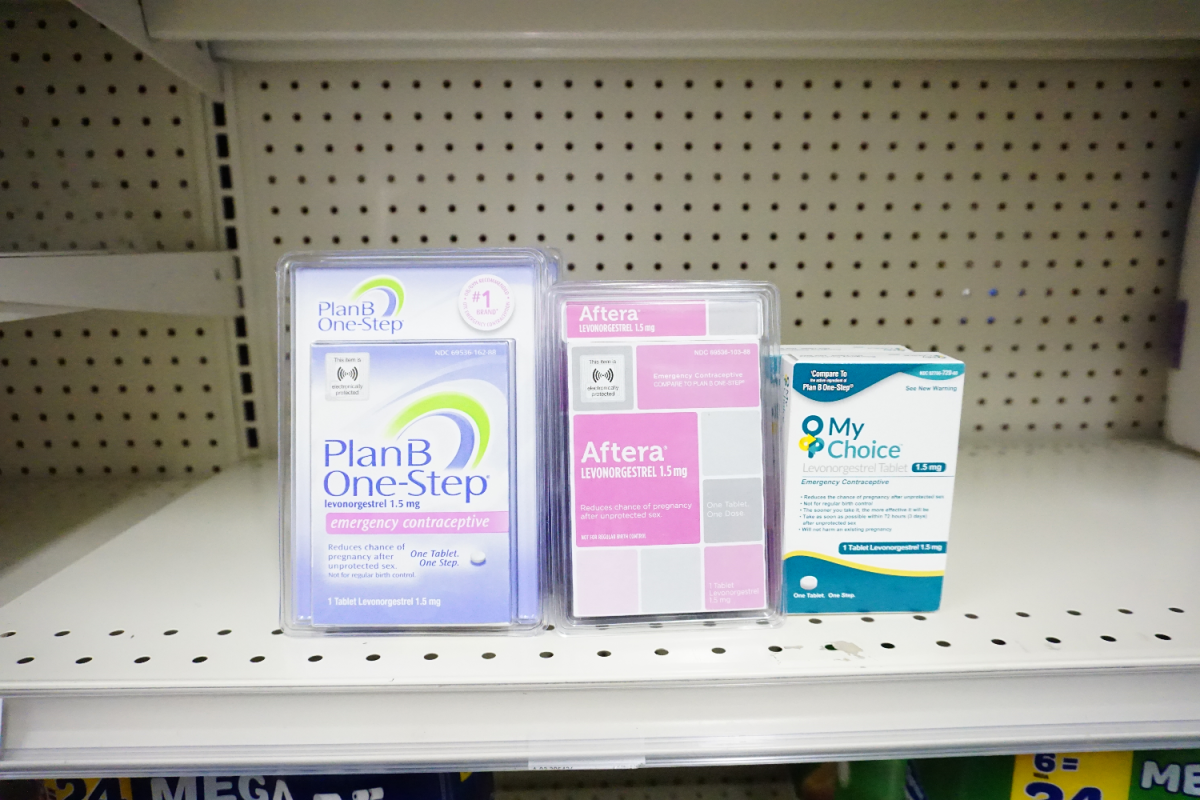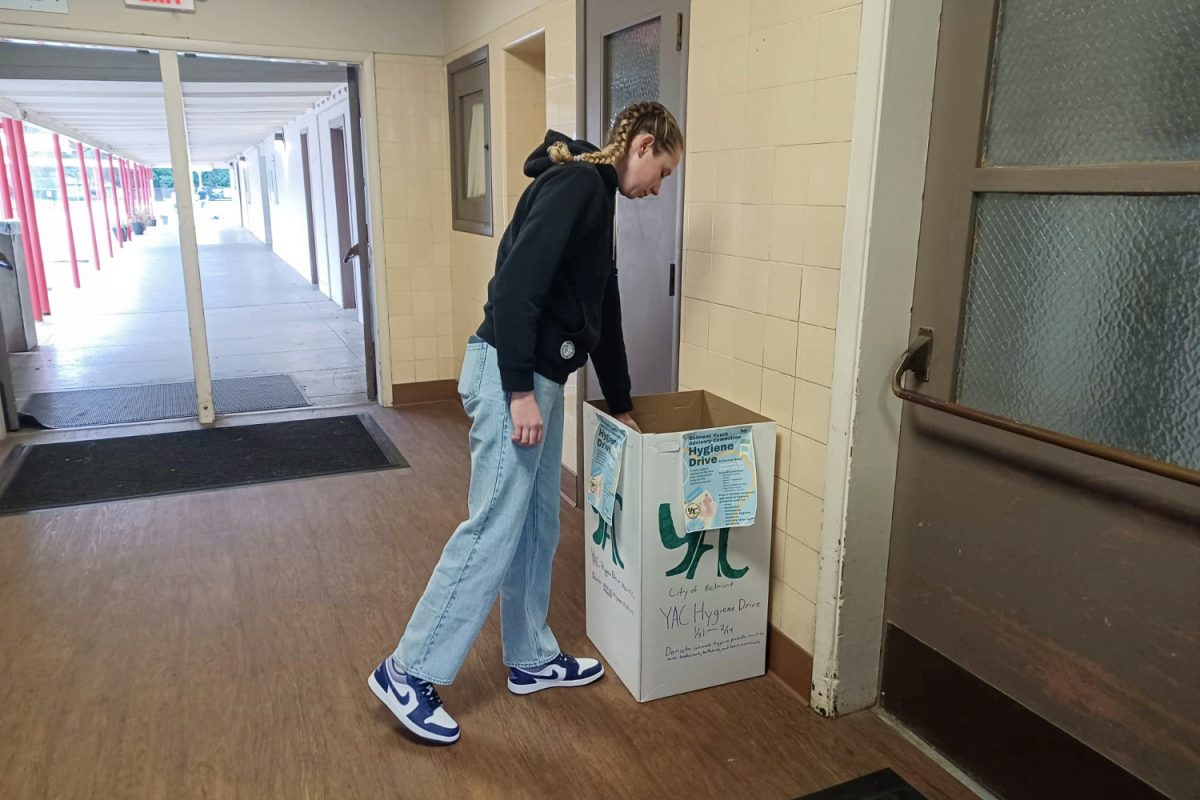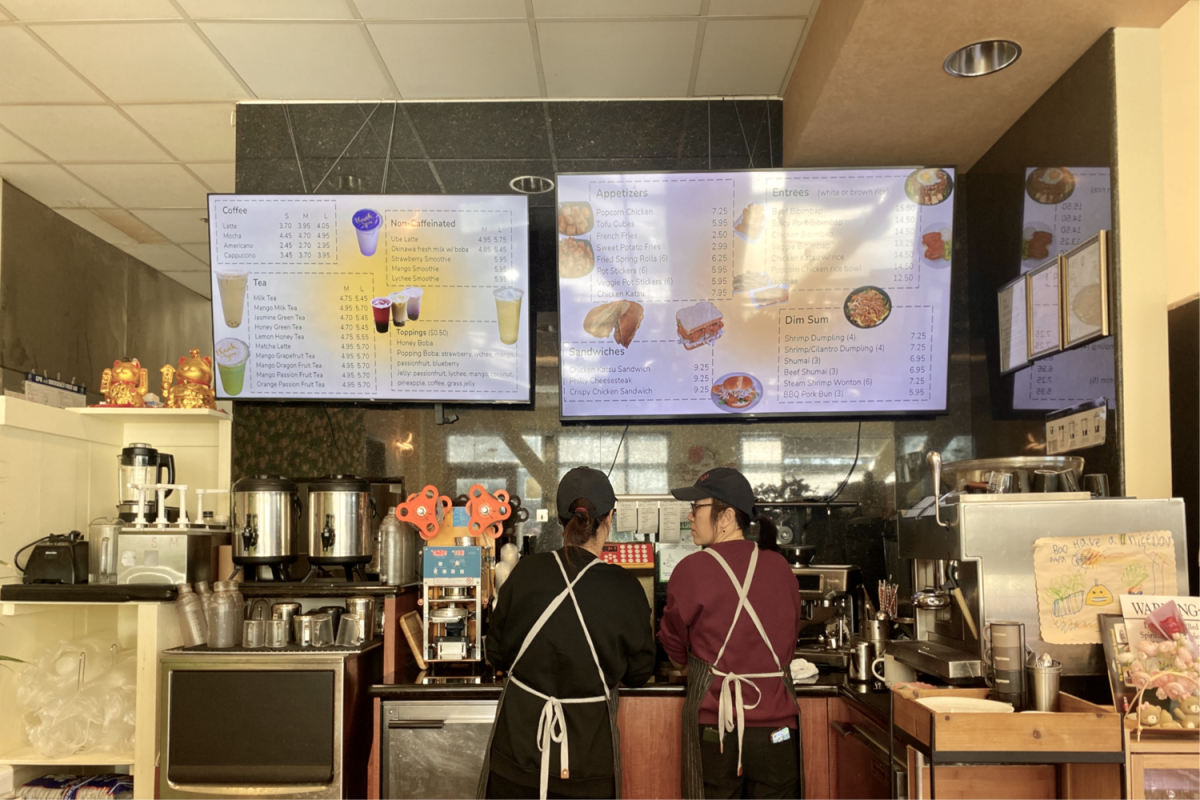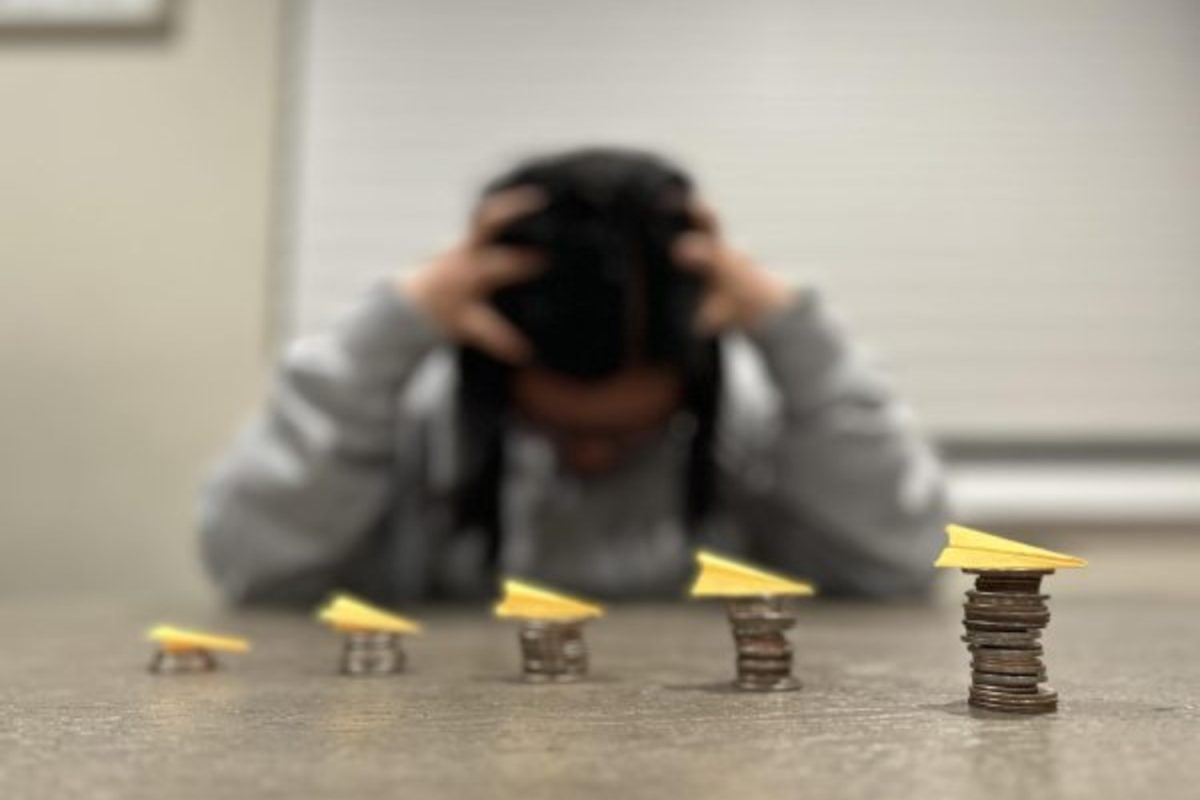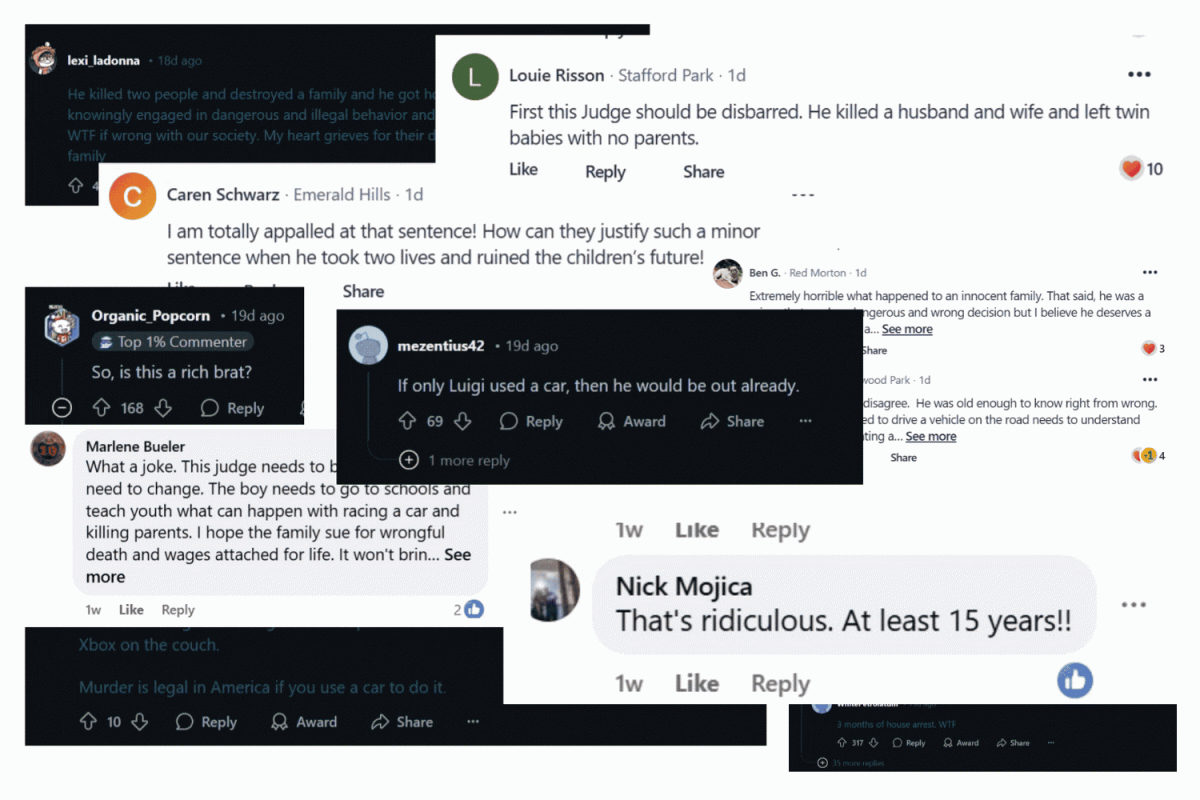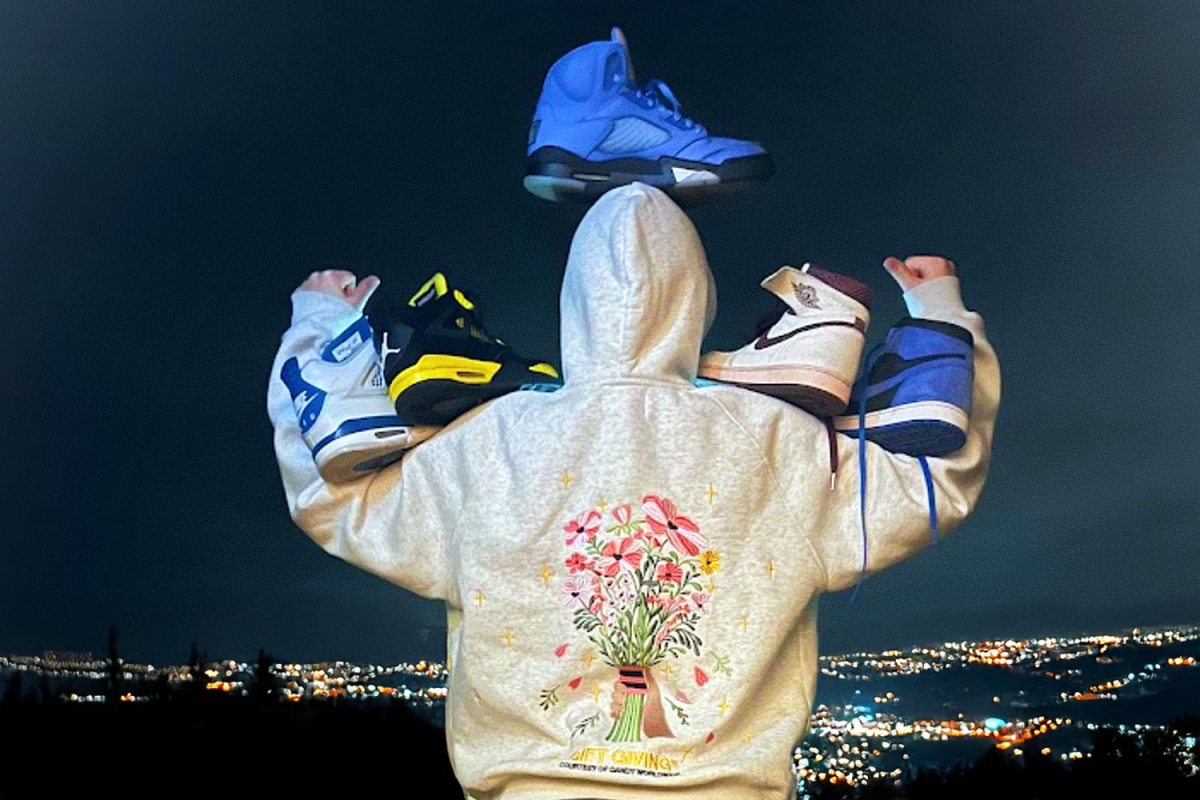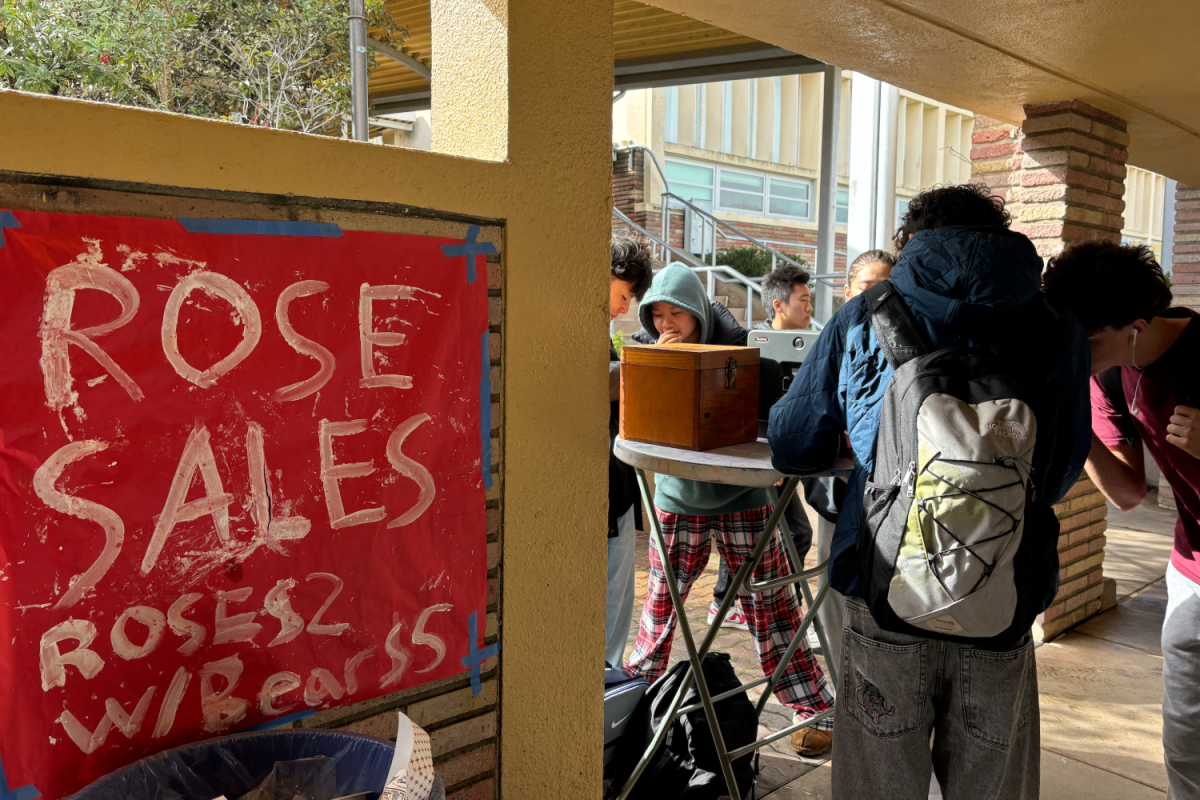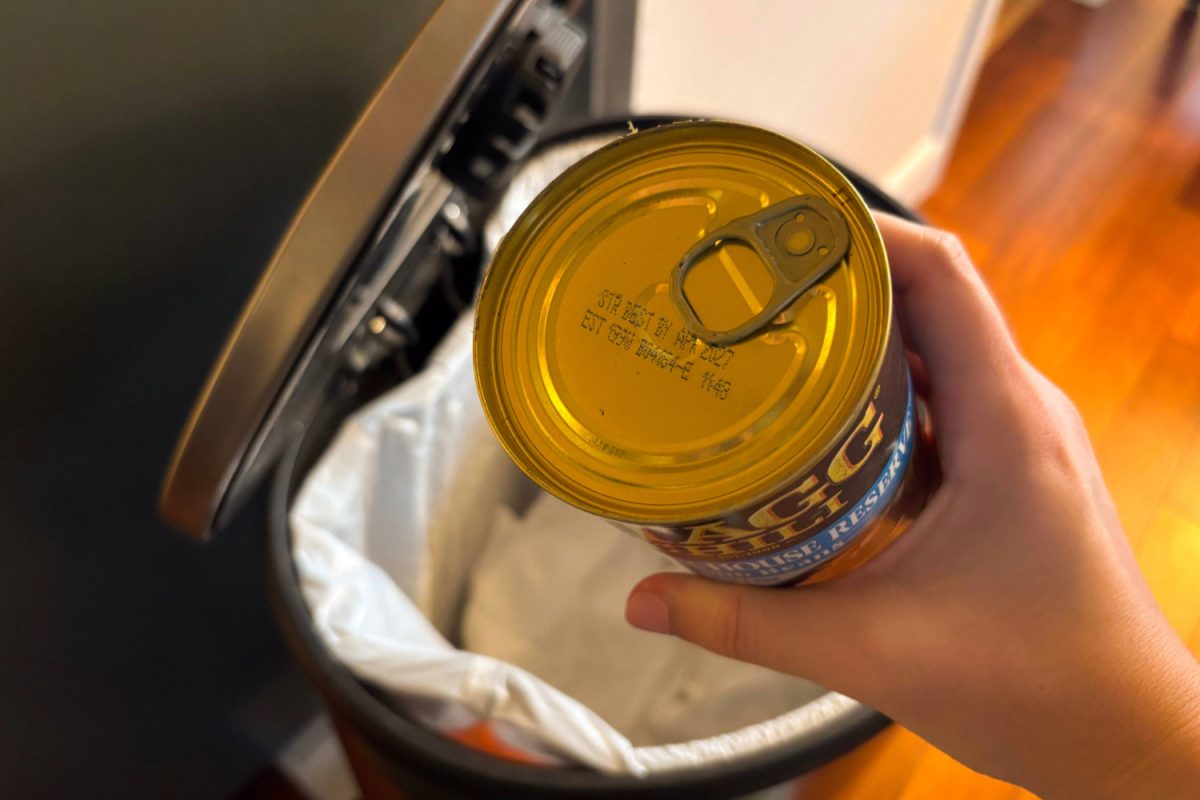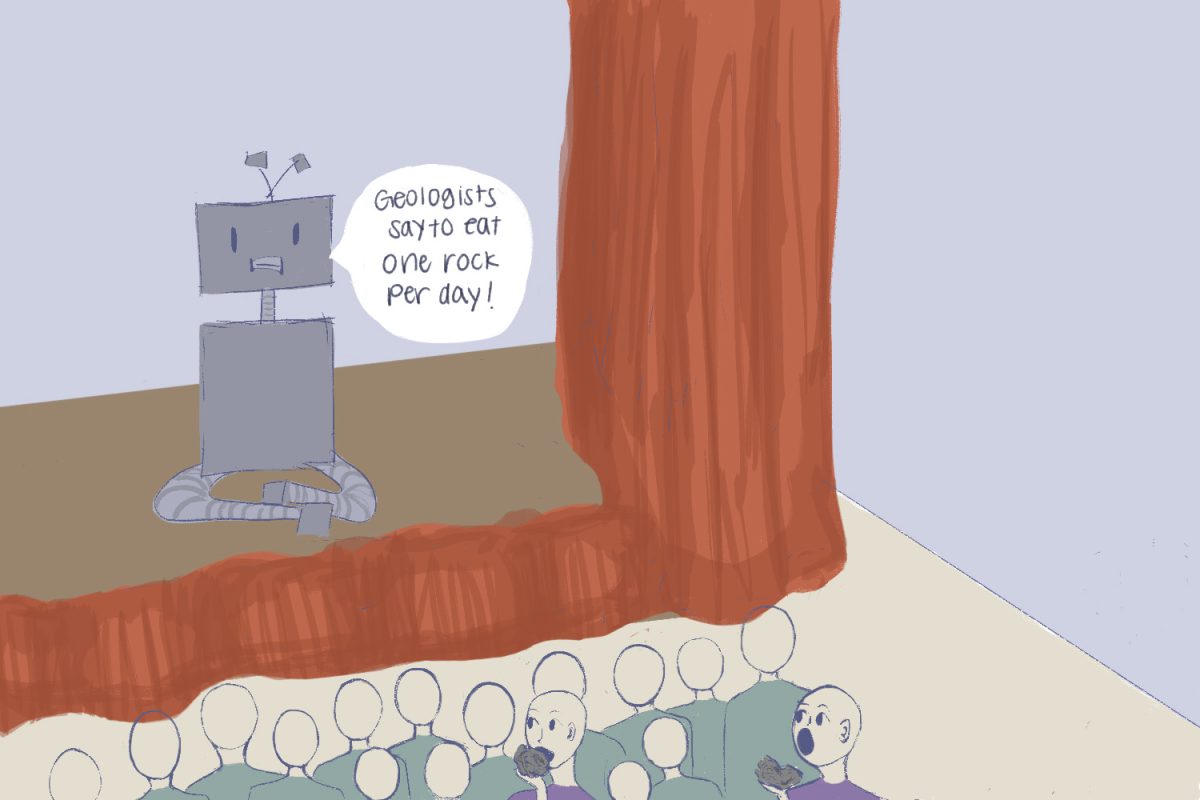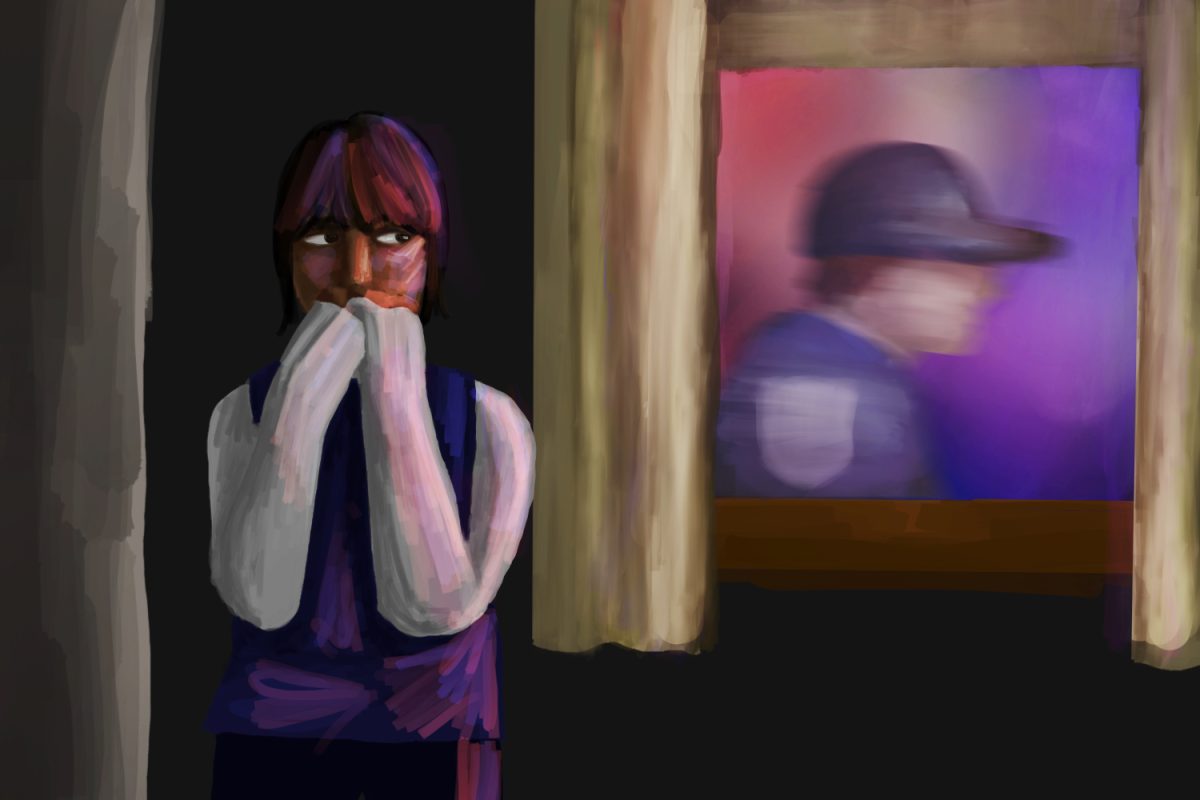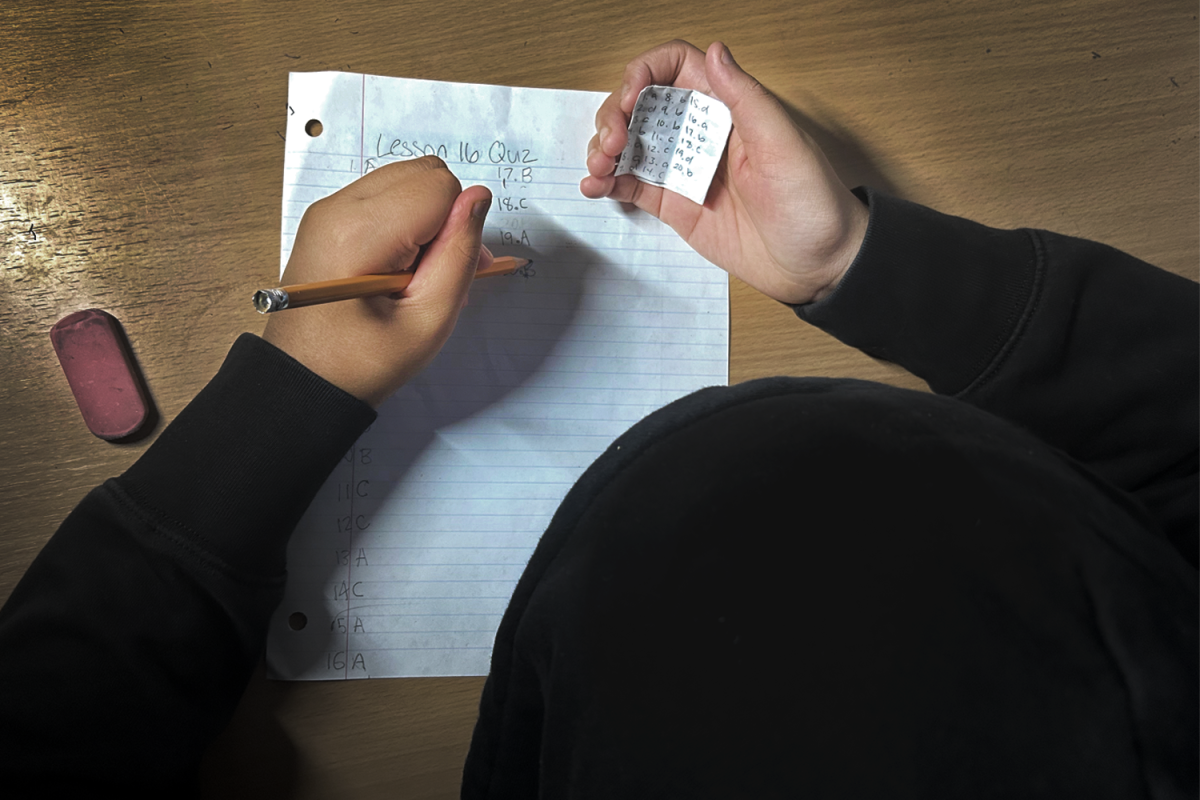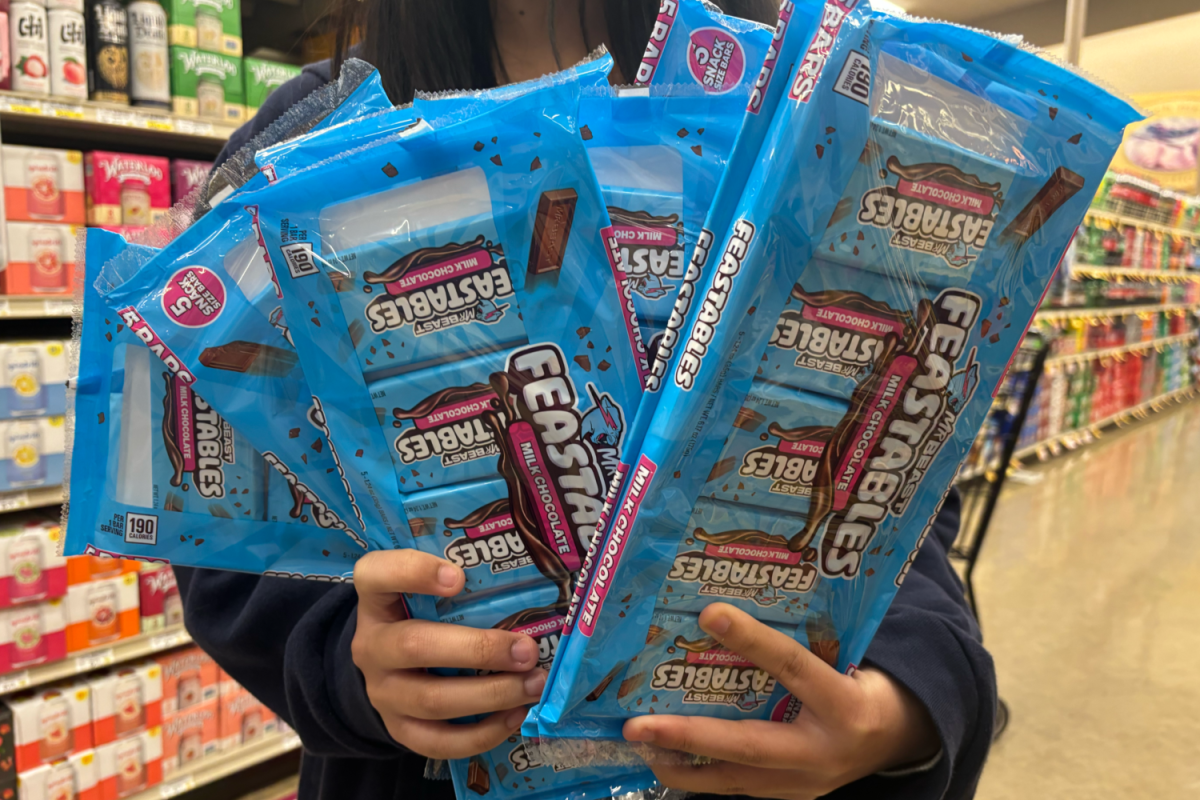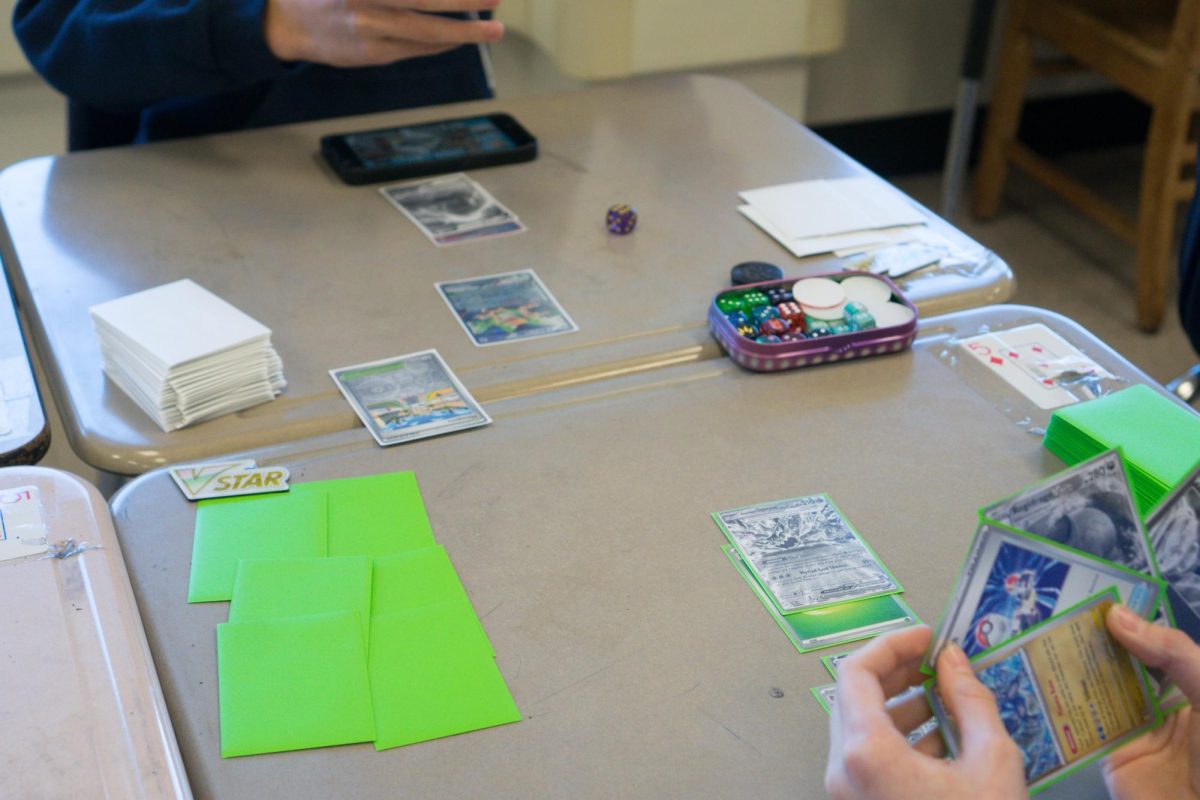Stockpiling emergency contraceptive pills is a growing trend as women across the country prepare for potential restrictions on reproductive healthcare.
Plan B, or the morning-after pill, is a form of emergency contraception that can help reduce the chance of pregnancy following unprotected sex. It is most effective within 72 hours, but earlier administration is associated with better outcomes.
The pill works by delaying ovulation, altering the transport of sperm and ova in the fallopian tubes, and possibly inhibiting implantation. Plan B is over-the-counter at many drugstores, although availability and cost may vary depending on location and state regulations.
The recent rise in stockpiling comes as new laws and court cases spark concerns about future access to emergency contraception. Some pharmacies already see higher demand, with reports of limited supplies in some areas, adding to the urgency for many women.
“If you’re not able to get Plan B and then have an unwanted pregnancy, it could affect patients because either you have to go through with an abortion, or if you’re in a state that doesn’t offer it, you’d have to figure out how to get to another state, which costs a lot of money and resources many people don’t have,” said Dr. Stefani Wedl, a physician at California Pacific Medical Center.
Demand for emergency contraception has increased recently following the election. Online pharmacy Wisp saw a 1,000% jump in sales of morning-after pills between Nov. 5-6, 2024, and a 1,650% increase in new customers buying these products. Julie, another company selling emergency contraception, recently reported that sales on their Amazon store went up tenfold, with spikes in states like Idaho, Florida, Texas, and South Dakota.
In June 2022, following the Supreme Court’s decision to overturn Roe v. Wade, pharmacies such as CVS and Rite Aid temporarily limited purchases of emergency contraceptives to three doses per customer due to increased demand. However, these restrictions were lifted shortly after that when demand stabilized. As of November 2024, there are no reported purchase limits, but demand continues to increase, according to CBS News.
“Even though I don’t use Plan B, I know lots of friends who have used it in the past and are worried about new healthcare policies that will make this resource inaccessible,” said Thea Dumans-Ranum, a Carlmont sophomore.
Some people have also taken to social media to share their concerns and experiences.
“All over TikTok, Instagram, and Snapchat, I see posts and stories about people purchasing Plan B so that they can be prepared for anything,” Dumans-Ranum said.
The increase in buying Plan B occurs in the setting of abortion laws becoming stricter in states such as Texas, Idaho, and Florida. With more states pushing for tighter restrictions or even outright bans, many see emergency contraception as an essential backup option. In these states, concerns are growing that access to emergency contraception could be targeted next.
Notably, Plan B has a shelf life of about four years, the same duration as a presidential term, leading many to stockpile as a precaution in the wake of a new incoming federal administration, reflecting a growing sense of uncertainty regarding the availability of contraceptive options in today’s political climate.
“I think that this situation is not good,” said high school junior Jane Quinn*, who previously used Plan B. “It was a lifesaver for me, and I feel really sad for other people because how are they going to get the emergency contraception that they need?”
*This source’s name is changed to protect them from emotional harm. For more information on Carlmont Media’s anonymous sourcing, check out Scot Scoop’s Anonymous Sourcing Policy.

